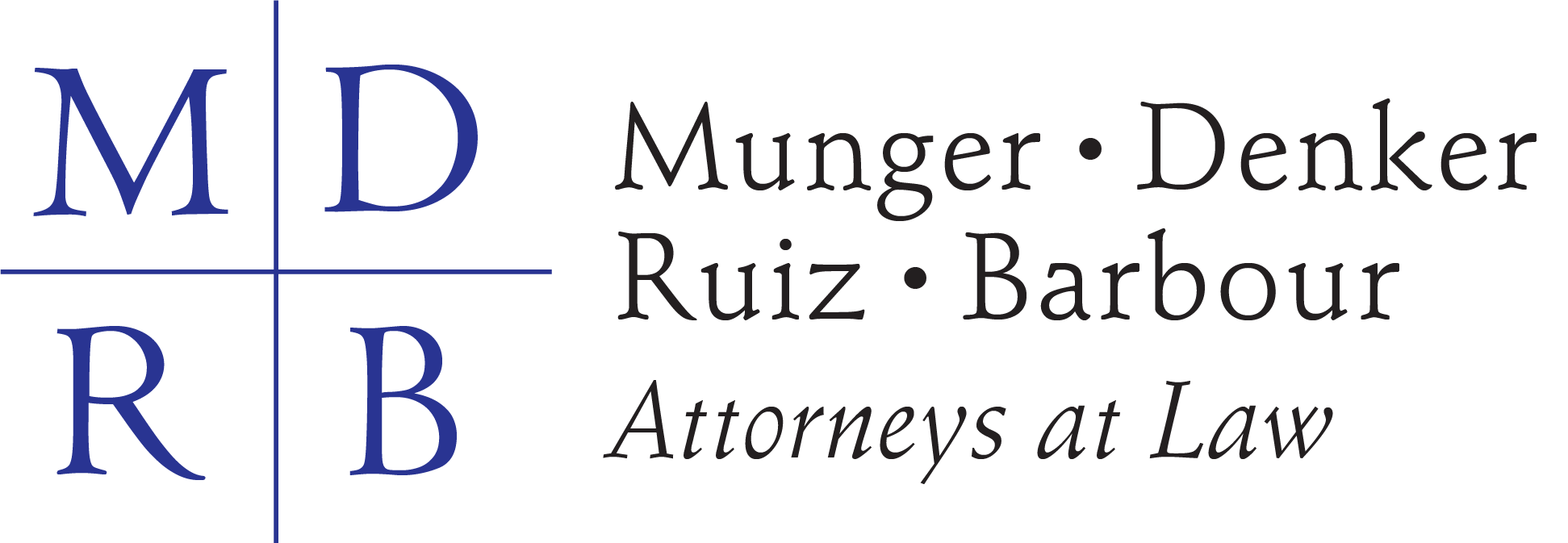
Quiet Title
Normally, it is simple to determine who is the lawful owner of real property: Whoever is listed on the last deed recorded with the county recorder’s office is presumed to be the legal title holder for the property, and has the rights to use the property or to decide who else can or cannot use the property. In some cases, however, disputes can arise over who truly owns a parcel of real estate, or over who has the right to use that property. For example, disputes might arise over the ownership of land that has been occupied by someone other than the title owner for ten or more consecutive years. Disputes also might arise over the proper location or use of a driveway or other easement. Or perhaps documents were recorded improperly or were drafted with mistakes that were discovered later. Or maybe there is an improper mortgage or other lien on the property. Such disputes can lead to serious consequences; in the absence of a clear title, potential buyers may be hesitant or unable to purchase property, lenders may refuse to provide financing, and owners could lose their property.
What do you do if you find yourself in a dispute over who owns or has the right to use a piece of land?
One option might be a quiet-title action.
What Are Quiet-Title Actions?
Quiet-title actions are legal proceedings that aim to resolve disputes over the ownership and use of real property. The process for obtaining quiet title is governed by specific, complex requirements outlined in state law and in the Arizona rules of civil procedure.
A quiet-title action is initiated when the plaintiff files a complaint in the superior court of the county where the property is located, asking the court to establish the plaintiff’s legal rights and interests in the property and to eliminate (or “extinguish”) any inconsistent claims or interests. The complaint must state the legal basis for the plaintiff’s claim to the property, and identify any adverse parties who claim an opposing interest in the property.
If the opposing party disputes the plaintiff’s claim, then the court must decide the issue based on such things as title documents, land surveys, photographs, witness testimony, payment records, and other evidence. The result is a court order establishing the parties’ respective interests and eliminating such questions as who has the right to use, to buy, to sell, or to borrow against the land.
Legal Representation Is Crucial
Because the law governing real estate in general, and quiet title in particular, is both complex and very technical, it is crucial that you obtain experienced legal counsel if you have a dispute over the ownership or use of a piece of land. Mistakes can lead to the loss of land, as well the obligation to pay costly legal fees — including the legal fees incurred by the opposing party. At Munger • Denker • Ruiz • Barbour, our attorneys have years of experience prosecuting and defending quiet-title actions, as well as in all other areas of real-property law. If you have questions about any aspect of the law governing real estate, please contact us.
Latest Posts
Quiet Title
Normally, it is simple to determine who is the lawful owner of real property: Whoever is listed on the last deed recorded with the county recorder’s...
Quiet Title
Safeguarding Your Interests in Arizona Probate Court
What Is Probate Court? A probate court is one that has authority or jurisdiction over all cases involving wills, trusts, estates, and...



